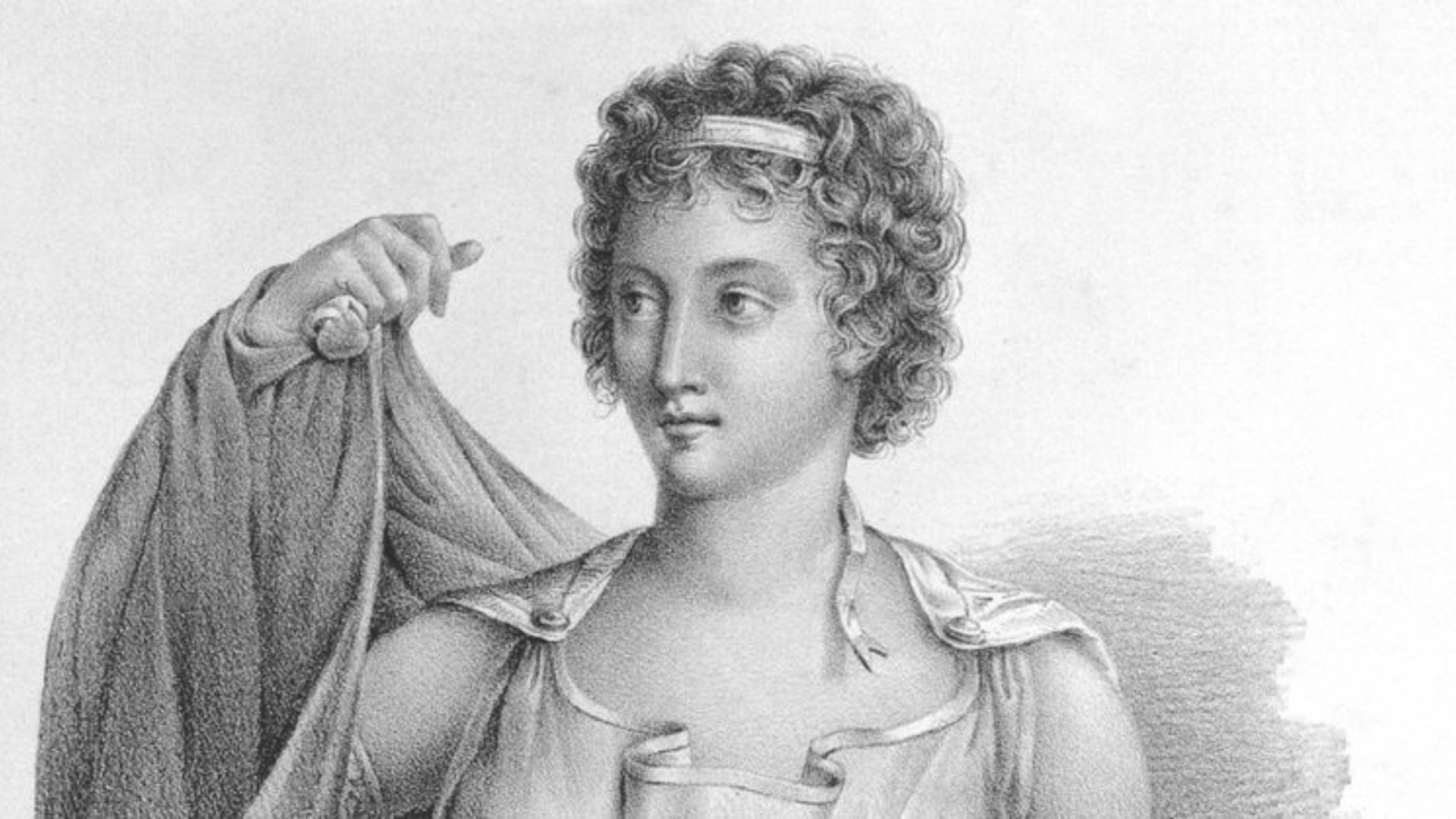The Greek Herald takes a look back at the top five female Greek scientists and philosophers you should know about.
1. Themistoclea, Teacher of Pythagoras:
Also called Aristoclea or Theoclea, Themistoclea (6th century BCE) was a priestess at Delphi. She was one of the teachers of the famous Greek philosopher and mathematician Pythagoras, who claimed to have learned all his moral doctrines from her. Unfortunately, not much information about her has survived.
2. Aspasia of Miletus:
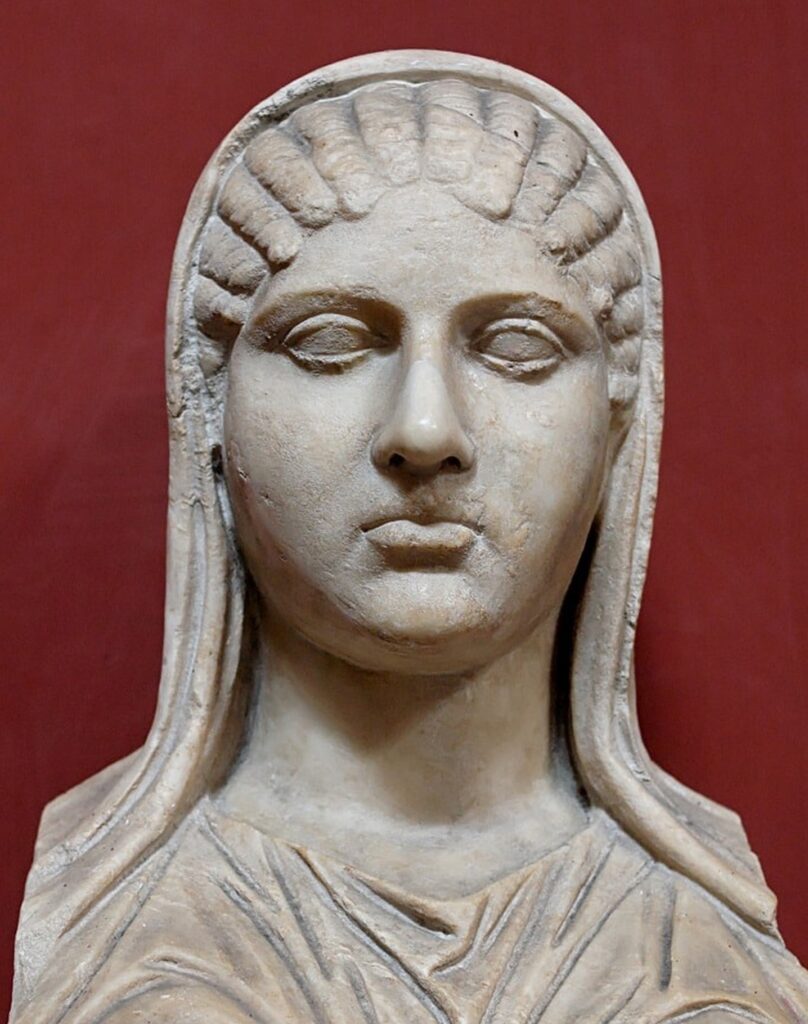
Born in Miletus in Asia Minor, Aspasia (470-410 BCE) was an important figure in Classical Athens. While few sources can tell us how she immigrated to the city state, she was known as the partner of Pericles, a local statesman, and mother of Pericles the Younger.
The Greek historian, Plutarch, recounts that her home in Athens was an intellectual center that attracted many great thinkers and philosophers, including Socrates and Plato.
Aspasia is also said to have established a girls’ school, surpassing the limitations imposed on women.
3. Hypatia of Alexandria:
Hypatia of Alexandria (350-415 CE) was a philosopher, astronomer and mathematician in Alexandria. She is the earliest known female mathematician and was the last head of the Philosophical School of Alexandria, as well as the keeper of the famous library.
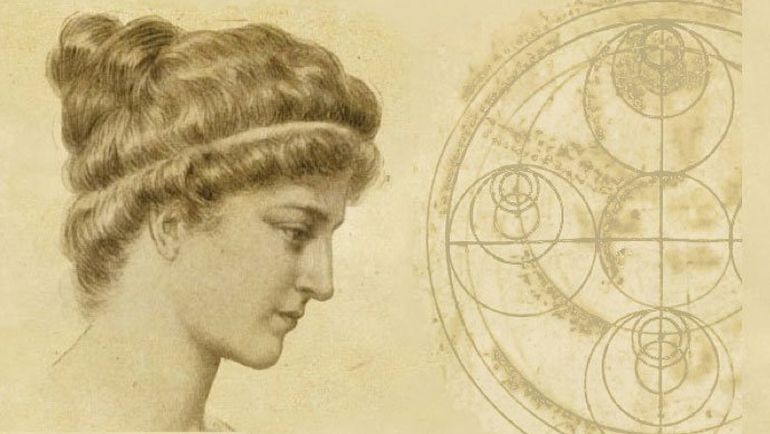
The daughter of Theon of Alexandria, a mathematician and astronomer, she was a popular teacher and lecturer on philosophical topics, and is credited as the inventor (or at least, the perfecter) of the astrolabe.
Her belief in Neoplatonism caused her to be considered a pagan, which led to her being stoned to death after being accused of witchcraft.
4. Arete of Cyrene:
Daughter of Aristippus of Cyrene in modern-day Libya, Arete (5th–4th century BCE) is known as the first female philosopher. She learned this from her father, a former student of Socrates, and passed teachings on to her son, Aristippus the Younger.
It is said that she took over the School of Cyrene after her father’s death.
While none of her teachings have survived, she is mentioned by several historians and philosophers, including Diogenes Laërtius, Aelius, Clement of Alexandria and Aristocles.
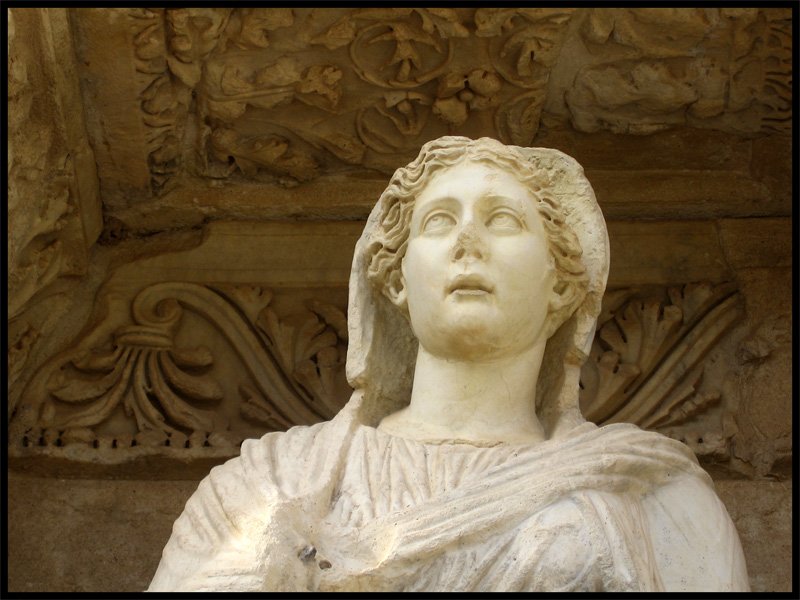
5. Agnodice of Athens:
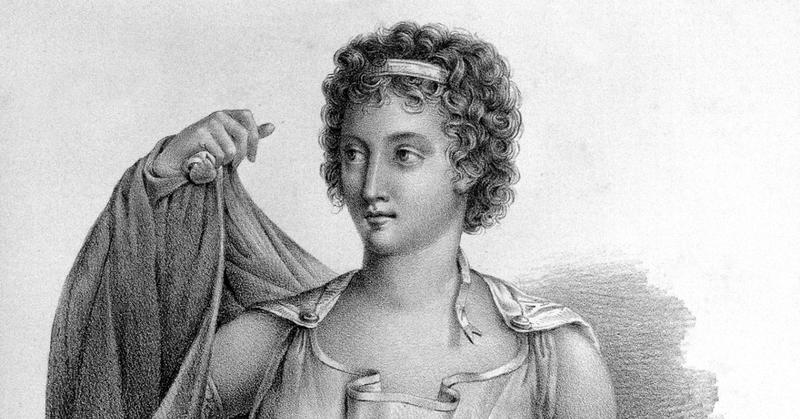
Source: amazingwomeninhistory.com and theculturetrip.

